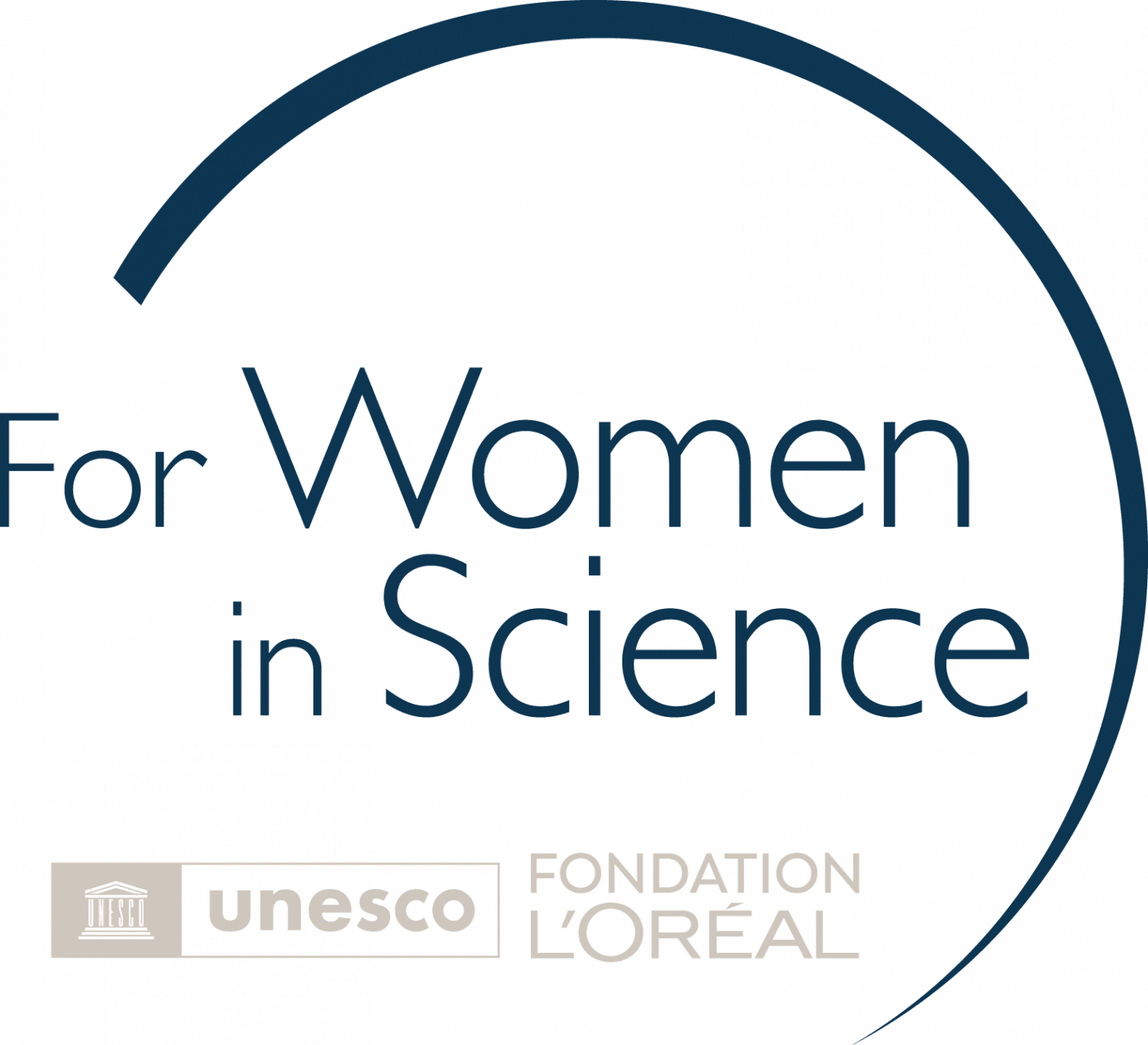On the International Day for Women and Girls in Science, celebrated on 11 February, UNESCO and the L'Oréal Foundation honoured five women researchers in the fields of astrophysics, mathematics, chemistry and informatics as part of the 23rd International Prize for Women in Science.
On this occasion, UNESCO published a global study on gender equality in scientific research. Entitled To be smart, the digital revolution will need to be inclusive, it shows that although the number of women in scientific research has risen to one in three, women remain a minority in mathematics, computer science, engineering and artificial intelligence. Every year, women write as many scientific articles as men, but their chances of appearing in prestigious journals are lower. While women represent 33% of researchers, on average they only occupy 12% of seats on national science academies around the world.

Laureates of 23rd L’Oréal-UNESCO For Women in Science International Awards (€100,000 each)
Africa and Arab States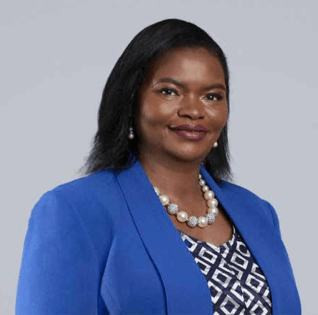
Professor Catherine Ngila – Chemistry. Acting Executive Director of the African Academy of Sciences, Former Deputy Vice Chancellor in charge of Academic and Student Affairs (DVC-AA) at Riara University, Kenya, and Visiting Professor of Applied Chemistry at the University of Johannesburg, South Africa. Recognized for introducing, developing and applying nanotechnology-based analytical methods to monitor water pollutants. Her innovative work is of vital importance for the development of water resource management in an environmentally sustainable way.
Asia and the Pacific
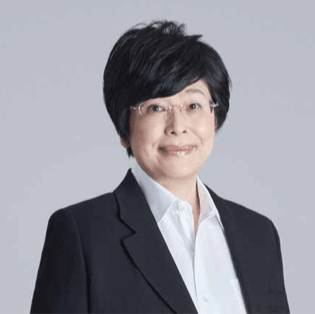
Professor Kyoko Nozaki – Chemistry. Professor of Chemistry at the University of Tokyo, Japan. Recognized for her pioneering, creative contributions within the field of synthetic chemistry, and their importance to industrial innovation. Her research has led to new, highly effective and environmentally friendly production processes to manufacture molecules useful for medicine and sustainable agriculture.
North America
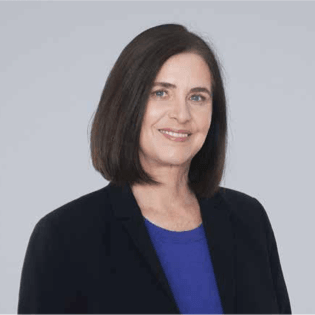 Professor Shafi Goldwasser – Computer Science. Director of the Simons Institute for the Theory of Computing, Professor in Electrical Engineering and Computer Sciences at University of California Berkeley, RSA Professor of Electrical Engineering and Computer Science at MIT, USA, and Professor of Computer Science and Applied Mathematics at Weizmann Institute, Israel. Recognized for her pioneering and fundamental work in computer science and cryptography, essential for secure communication over the internet as well as for shared computation on private data. Her research has a significant impact on our understanding of large classes of problems for which computers cannot efficiently find even approximate solutions.
Professor Shafi Goldwasser – Computer Science. Director of the Simons Institute for the Theory of Computing, Professor in Electrical Engineering and Computer Sciences at University of California Berkeley, RSA Professor of Electrical Engineering and Computer Science at MIT, USA, and Professor of Computer Science and Applied Mathematics at Weizmann Institute, Israel. Recognized for her pioneering and fundamental work in computer science and cryptography, essential for secure communication over the internet as well as for shared computation on private data. Her research has a significant impact on our understanding of large classes of problems for which computers cannot efficiently find even approximate solutions.
Europe
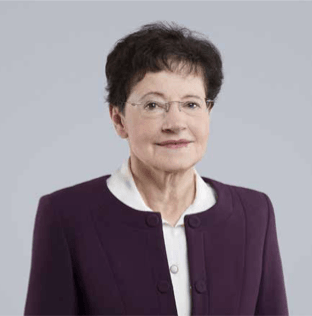
Professor Françoise Combes – Astrophysics. Professor, Chair of Galaxies and Cosmology, Collège de France, since 2014 and astronomer at the Paris Observatory - PSL, France. Recognized for her outstanding contribution to astrophysics which ranges from the discovery of molecules in interstellar space to supercomputer simulations of galaxy formation. Her work has been crucial to our understanding of the birth and evolution of stars and galaxies, including the role played by supermassive black holes in galactic centers.
Latin America and the Caribbean
Professor Alicia Dickenstein – Mathematics. Professor of Mathematics at the University of Buenos Aires, Argentina. Recognized for her outstanding contributions at the forefront of mathematical innovation by leveraging algebraic geometry in the field of molecular biology. Her research enables scientists to understand the structures and behaviour of cells and molecules, even on a microscopic scale. Operating at the frontier between pure and applied mathematics, she has forged important links to physics and chemistry, and enabled biologists to gain an in-depth structural understanding of biochemical reactions and enzymatic networks.
More information
- Press Kit
- L'Oréal-UNESCO FOr Women in Science programme
- To be smart, the digital revolution will need to be inclusive: excerpt from the UNESCO science report, a statistic study of women’s place in the sciences, which constitutes the 3rd chapter of the 2021 UNESCO Science Report entitled The Race against Time for Smarter Development, to be published in full in April
Source : UNESCO. Read full article here.
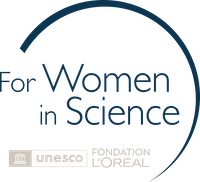
Comments0
Please log in to see or add a comment
Suggested Articles
